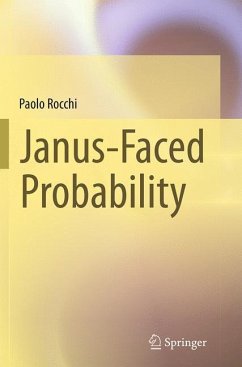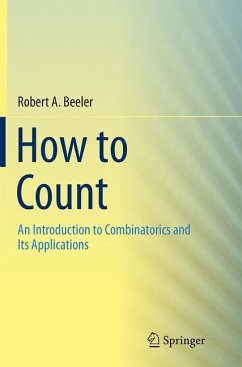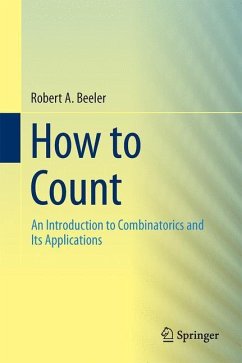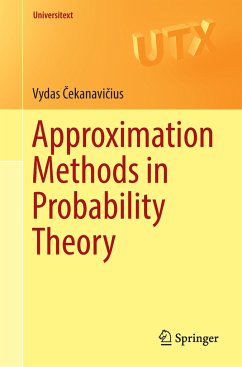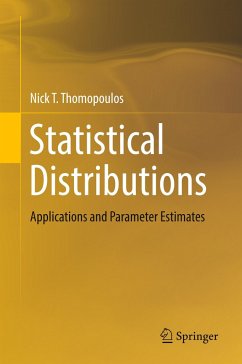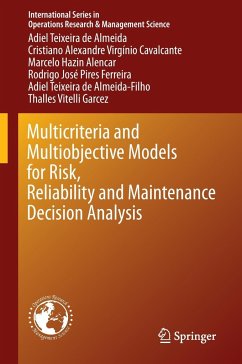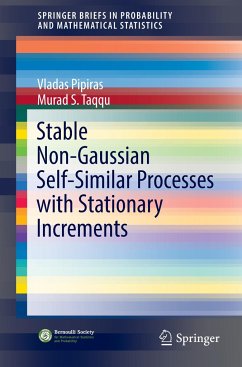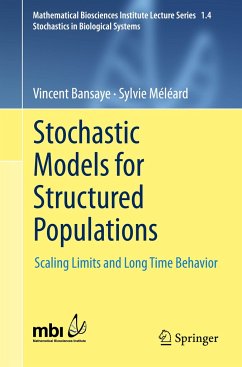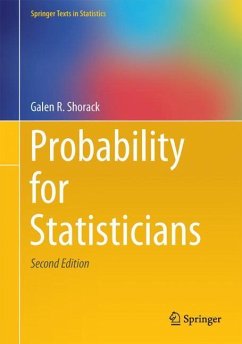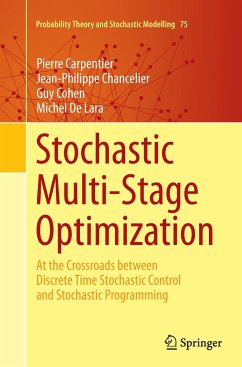
Janus-Faced Probability
Versandkostenfrei!
Versandfertig in 6-10 Tagen
38,99 €
inkl. MwSt.
Weitere Ausgaben:

PAYBACK Punkte
19 °P sammeln!
The problem of probability interpretation was long overlooked before exploding in the 20th century, when the frequentist and subjectivist schools formalized two conflicting conceptions of probability. Beyond the radical followers of the two schools, a circle of pluralist thinkers tends to reconcile the opposing concepts. The author uses two theorems in order to prove that the various interpretations of probability do come into opposition and can be used in different contexts. The goal here is to clarify the multi fold nature of probability by means of a purely mathematical approach and to show...
The problem of probability interpretation was long overlooked before exploding in the 20th century, when the frequentist and subjectivist schools formalized two conflicting conceptions of probability. Beyond the radical followers of the two schools, a circle of pluralist thinkers tends to reconcile the opposing concepts. The author uses two theorems in order to prove that the various interpretations of probability do come into opposition and can be used in different contexts. The goal here is to clarify the multi fold nature of probability by means of a purely mathematical approach and to show how philosophical arguments can only serve to deepen actual intellectual contrasts. The book can be considered as one of the most important contributions in the analysis of probability interpretation in the last 10-15 years.





